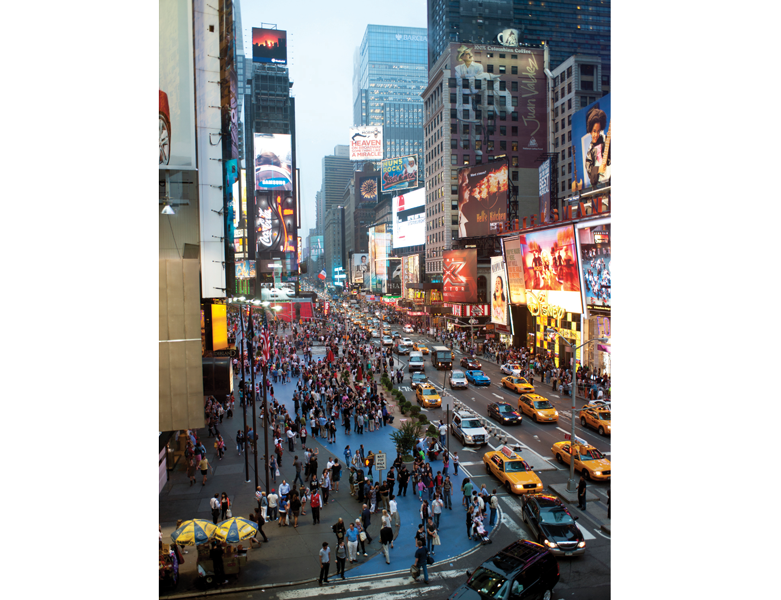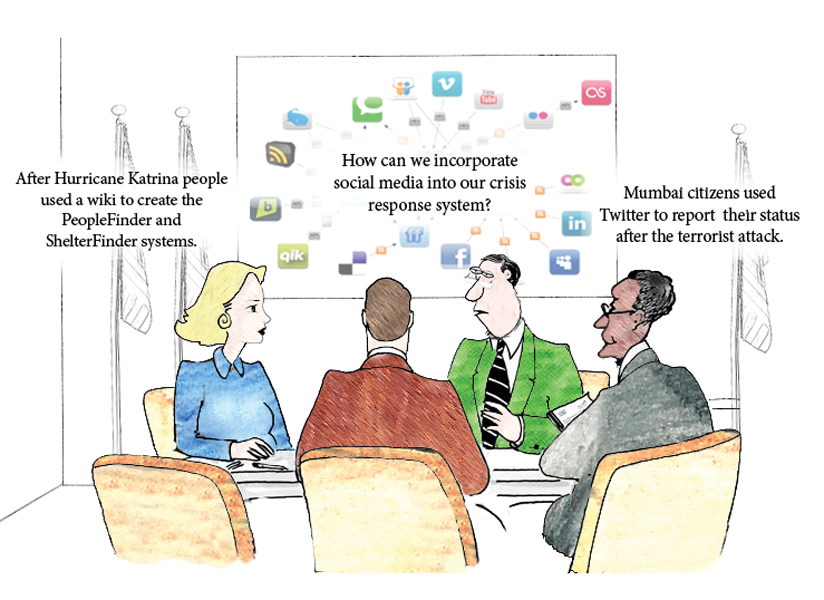The discretionary powers of the US Presidency have steadily expanded over the course of the 20th century. These powers are especially pertinent to immigration enforcement, which lies under the administrative authority of the Executive Office. This article briefly explains how these powers have been used to shape US immigration policy, but it also observes that, in recent years, they have proved ineffectual as a strategy for advancing the immigration policy interests of the Executive Office.
Welcome to the Post-American World: Barack Obama, US Foreign Policy and the 2012 Election
By Robert Singh
Obama set himself the task of managing America’s decline while retaining primacy in the international order. Yet his substantive achievements have been modest. Ironically, in pursuing a “post-American” foreign policy calibrated to a changed world, Obama has not presided over the renaissance of US leadership he promised. Rather, his foreign policy has hastened a “post-American” world into being.
99 to 1: How Wealth Inequality Is Wrecking the World and What We Can Do About It
At the root of social movements around the world is the emergence, in the last three decades, of extreme inequalities of income, wealth and power. Chuck Collins argues that “we are the 99 percent” is a useful lens to understand these shifts – and that only a program of bold interventions will reserve these troubling trends.
The Trend of History is Bigger than the Business Cycle
In March, 2009, Nobel laureate Paul Krugman posted to his blog a chart of US industrial production in 1929 and 1930 (the first thirteen months of the Great Depression) comparing it to the interval from 2007 to 2009 (the thirteen first months of what Krugman referred to as “The Great Recession”). Noting that the drop in industrial production at the start of the Great Depression was about double that experienced in 2007-2009, Krugman concluded: “At this point we’re sort of experiencing half a Great Depression. That’s pretty bad.”1 With regard to trade, his take at the time was even less upbeat: “When it comes to international trade, actually it’s not the Great Depression, it’s worse,” he said in October 2009. “The scale of the collapse of world trade has been so large that it has produced a degree of international linkage that surpasses what even the pessimists imagined.”2
Leadership, Power and Contextual Intelligence
Understanding of leadership is often limited by stereotypes about power, role and gender. In an information age where networks become more important, the soft power of attraction and persuasion becomes as important as the hard power of coercion and payment. Similarly, cooption becomes as important as command. And gender stereotypes not only limit the recruitment of talent but also the understanding of leadership roles. Such roles vary with context, and developing contextual intelligence is a priority for effective leadership.
May – June 2012
Leadership, Power and Contextual Intelligence
Joseph S. Nye
World Economy
The Trend of History is Bigger than the Business Cycle
Philip Auerswald
99 to 1: How Wealth Inequality Is Wrecking the World and What We Can Do About It
Chuck Collins
America
Welcome to the Post-American World: Barack Obama, US Foreign Policy and the 2012 Election
Robert Singh
Immigration Policy and Executive Power at Loose Ends: The Case of the US
Philip Kretsedemas
Europe
North Rhine-Westphalia: First choice for foreign investors in Germany
Law and Religion in a Secular Europe
Lorenzo Zucca
China
Will China Inevitably Develop Powerful Global Brands? 3 Possible Scenarios
Howard Yu
Basel I, II, III – We Want It All at Once
Violaine Cousin
Financial Transformation to Sustain the Arab Firestorm
Nasser Saidi
S P Jain receives four Top 10 rankings: Financial Times, Global MBA Rankings 2012
Environment
The Hockey Stick and Climate Wars
Michael E. Mann
The Green Paradox
Hans-Werner Sinn
Business
What Does It Mean for an Executive to “Make” $1 Million?
David F. Larcker, Allan McCall, & Brian Tayan
A Golden Opportunity?
Andy Simpson
Category Killers
Rajiv Lal & Jose Alvarez
Reinventing Management for the Facebook Generation
Gary Hamel
Tides and Ebbs in Idea Generation in Teams: Why Some Teams Lose Creative Steam over Time?
Kandarp Mehta
March – April 2012
GLOBAL TRENDS: Facing Up to a Changing World
Adrian Done
The Third Industrial Revolution: How the Internet, Green Electricity, and 3-D Printing are Ushering in a Sustainable Era of Distributed Capitalism
Jeremy Rifkin
Food Prices: Should Emerging Market Economies Be Concerned?
Nicolás Depetris Chauvin
Solving the Asset–Shortage Problem of Emerging Markets
Patrick Imam
Governance
Transforming Government – Nine Critical Steps
Andrew Kakabadse
Smart specialization for cities A roadmap for city intelligence and excellence
Jan Sturesson, Hazem Galal and Laurent Probst
Shaping Global Political Realities: The Workings of Transnational Elite Networks
Ian N. Richardson, Andrew P. Kakabadse & Nada K. Kakabadse
Gender
Neoliberal Globalization, Masculinity and Gender Justice
Raewyn Connell
Winning the Talent War in Emerging Markets: Women are the Answer
Sylvia Ann Hewlett and Ripa Rashid
China
The China Model: a Civilizational-State Perspective
Zhang Weiwei
Reshaping Tomorrow: What will India look like in 2025?
Ejaz Ghani
Corruption in India
Bibek Debroy and Laveesh Bhandari
Russia
Russia from the Fur Trade to Carbon Aristocracy
Alexander Etkind
Europe
Italy: A Consumer Story
Emanuela Scarpellini
Does China Want to Buy Up Europe? Europe’s Crisis and China’s Reluctant Rise
Roland Benedikter and Jae-Seung Lee
Africa
African Lions in the Making
Nicolas Depetris Chauvin
ExecuJet Aviation Group meeting the development demands in Africa
ExecuJet Aviation Group
Innovation
Brilliant Mistakes: Creating Portals of Discovery
Paul J. H. Schoemaker
Exercise 24: Using Socia l Media for Crisis Response
George H. Bressler, Murray E. Jennex & Eric G. Frost
Exercise 24: Using Social Media for Crisis Response
By George H. Bressler, Murray E. Jennex & Eric G. Frost
Can populations self-organize a crisis response? This is a field report on the first two efforts in a continuing series of exercises termed Exercise 24 or X24. These exercises attempted to demonstrate that self-organizing groups can form and respond to a crisis using low-cost social media and other emerging web technologies.
The China Model: a Civilizational-State Perspective
By Zhang Weiwei
China’s dramatic rise should be understood in the context of China as a civilizational state, i.e. an amalgam of the world’s oldest continuous civilization and a huge modern state which is a product of hundreds of states amalgamated into one over the past thousands of years of history. The state is characterized by four factors: a super-large population, a super-sized territory, a super-long history and a super-rich culture, which have in term shaped all the key features of China’s development model, with all its possible ramifications for the future trajectory of China and beyond.





































































